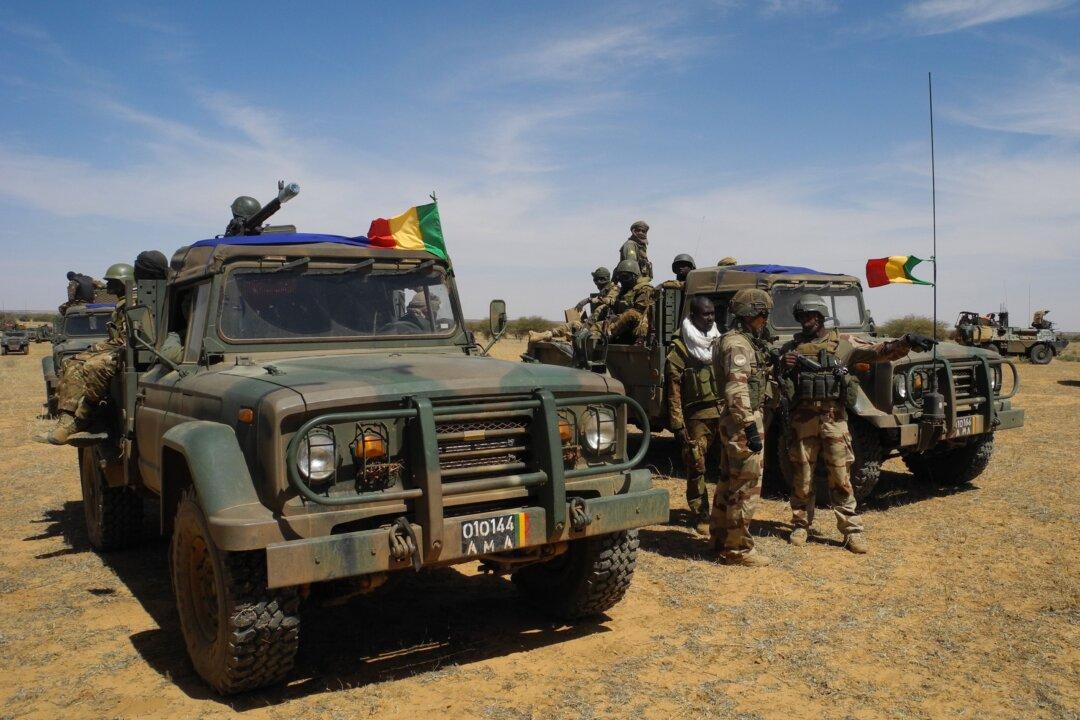BAMAKO—At least 95 people were killed in an overnight attack on an ethnic Dogon village in central Mali, local officials said on Monday, June 10, the latest bout of ethnic violence fuelling the country’s security crisis.
Fighting between Dogon hunters and Fulani herders has killed hundreds since January, including a March attack in which gunmen killed more than 150 Fulanis, in one of the worst acts of violence in the West African country’s recent history.





